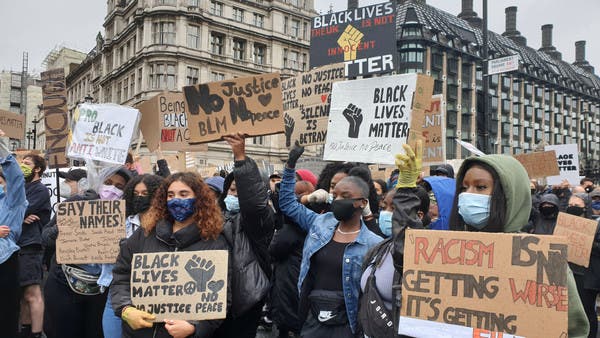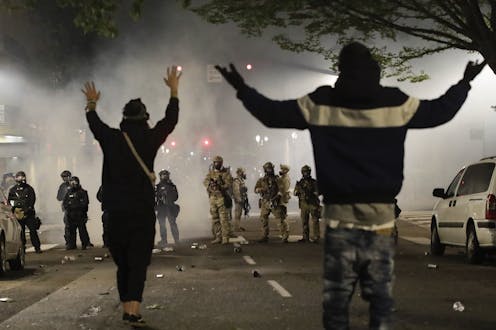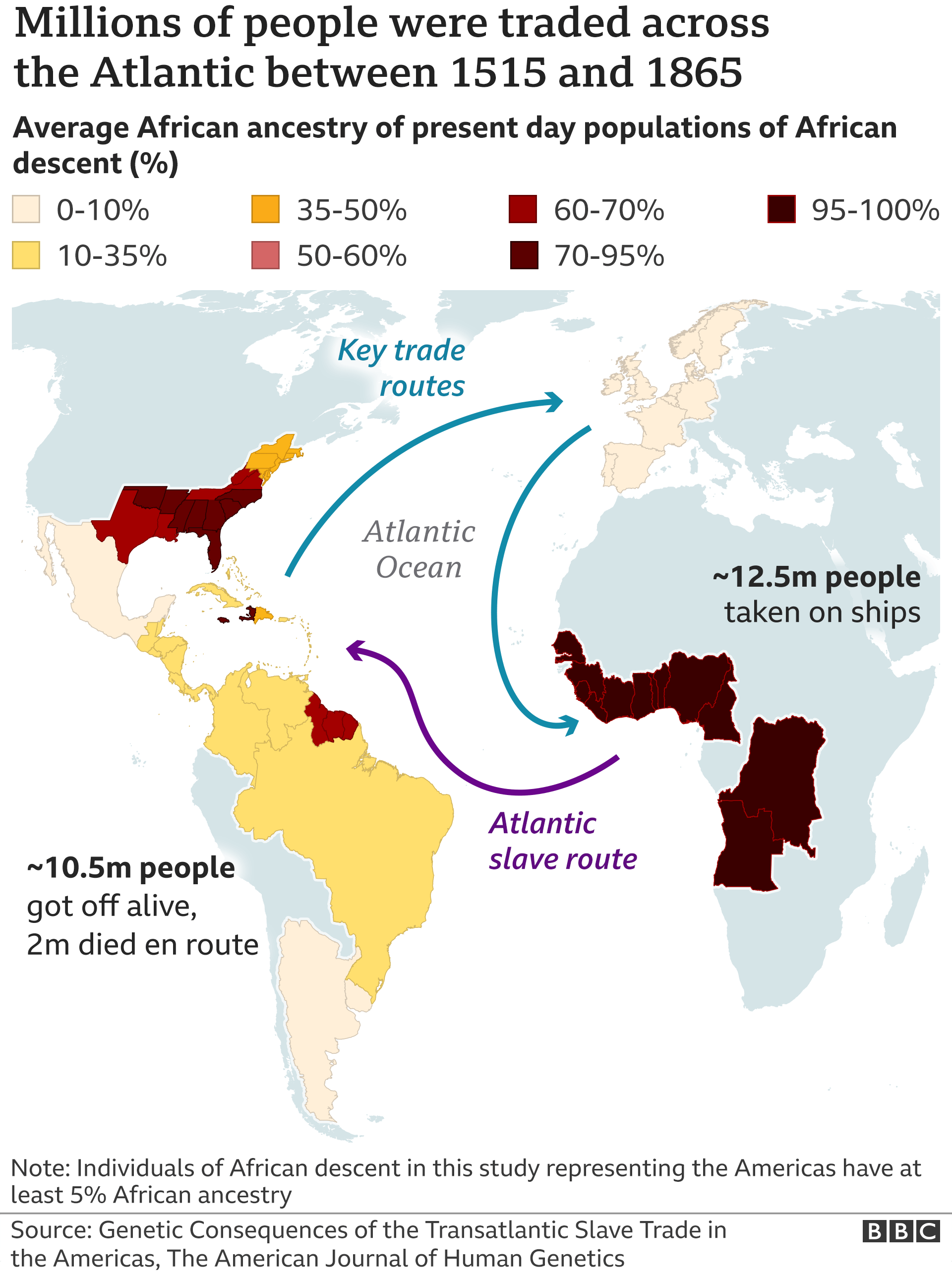RACISM-
Racism is defined in the dictionary as discrimination or hostility directed towards a person or group of people based on their ethnicity or race, believing that certain races or ethnicities are superior or inferior to one another. It can manifest itself in many different ways, such as outright violence and abuse towards certain ethnic minorities, or in the form of subtle microaggressions and minor discrimination.

Institutional racism has been the subject of recent investigation, especially how it is allowed to continue unpunished. It is defined as:
“racial discrimination that has been established as normal behaviour within a society or organisation”
-Oxford English Dictionary
There have been several major movements to combat racism over the decades, the most notable being the Civil Rights movement in the 1950-60s, and the more recent Black Lives Matter movement. The goals of both are relatively similar, however the Civil Rights movement focused mainly on ending segregation, eradicating racial discrimination, and dismantling institutionalised racism within the government. The Black Lives Matter movement also focuses on ending racial discrimination and institutionlised racism, but also focuses on police brutality and all racially-motivated violence, specifically against black people.

COLONIALISM-
GLOBAL HISTORY OF COLONIALISM-
Colonialism is the practice of a country extending its authority over other territories, usually aiming for economic supremacy. The process may involve a (possibly forced) imposition of the colonisers’ religion, language, social structures and other cultural practices on the indigenous/native people. The colonisers rule their “claimed” territory with the intent to benefit off the region’s people and resources for their own country’s gain. A clear example of this would be the British Empire, which existed between the 17th century until just after the Second World War.
The transatlantic slave trade was a massive economic factor in empowering colonialism, laying the foundations for modern capitalism, and generating massive amounts of wealth for America and Western Europe from forced labour on sugar, tobacco, coffee and cotton plantations. It was often referred to as the “Triangular Trade”, so called because of the three-part journey the trade ships took: European ships would carry manufactured goods to Western Africa, then transport African men, women and children to the Americas to sell as slaves, and on the third leg they would export to Europe the sugar, rum, tobacco and cotton that was produced by the enslaved labour force.

Statistics can’t convey the horrors of this trade route, as conditions were so terrible and the sailors were so brutal that more than 20% of the captured Africans died during the voyage.

The dreadful Middle Passage could last from one to three months and although the regulations stated that ships could only transport about 350 people, some carried more than 800 men, women, and children. Branded, stripped naked for the duration of the voyage, living in filth, enduring almost unbearable heat, all captives went through a frightening, incredibly brutal and dehumanizing experience…Some people tried to starve themselves to death, but the crew forced them to take food by whipping them, torturing them with hot coal, or forcing their mouths open by using special instruments or by breaking their teeth…Mortality brought about by malnutrition, dysentery, smallpox, and other diseases was very high.
– taken from records during the time period
The Transatlantic slave trade and the ensuing rise in colonialism and imperialism left the entire continent of Africa underdeveloped, disorganised, and vulnerable, with the effects still being felt to this day.
JERSEY’S COLONIALIST PAST-
Jersey also has both indirect and direct links to colonialism, as we have a strong maritime history and several Jersey merchants were involved in the supply of goods through the Triangle Trade. The prominent Jersey historical figure, George Carteret, was a senior investor and consultant in a company that trafficked slaves, gold and ivory from Africa. There was a recent controversy about him regarding whether the statue depicting him should be removed or not, due to his history with this awful trade. The people saying the statue should stay have several arguments: he was an important part of boosting Jersey’s economy and helped foster a good relationship with the mainland, the slave trade was normalised in those times so he might have thought he wasn’t doing anything wrong, or even the argument that he knew what he was doing but the fact remains that it’s all in the past and so doesn’t really matter.

However the people advocating for the statue’s removal have many counterpoints to all of these arguments. While he did help boost Jersey’s economy, so did many other people without resorting to the slave trade; the slave trade is a morally reprehensible product of racism and colonialism and it was wrong even back in those times and people definitely knew it; and most importantly the fact that it is common knowledge that this man participated in the forced removal, enslavement and cruelty against hundreds of thousands of people, and he still has a statue commemorating his other achievements is sending the wrong message and is in a way excusing and ignoring what he did.
LINKS-
http://www.inmotionaame.org/print.cfm;jsessionid=f8303215301604533742762?migration=1&bhcp=1
